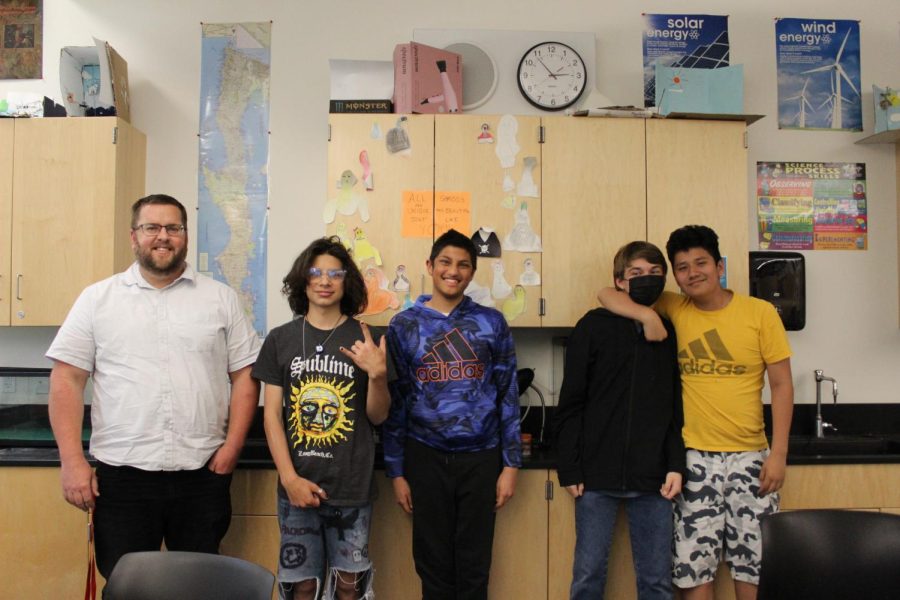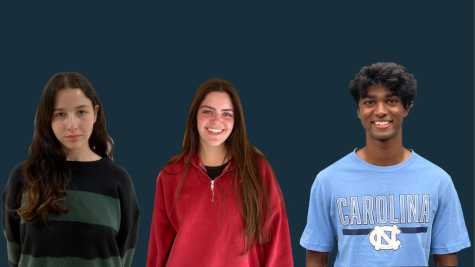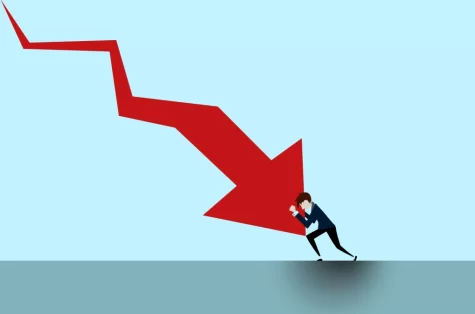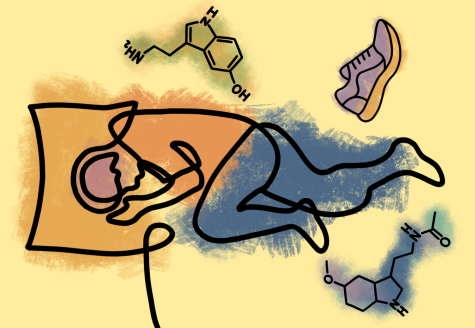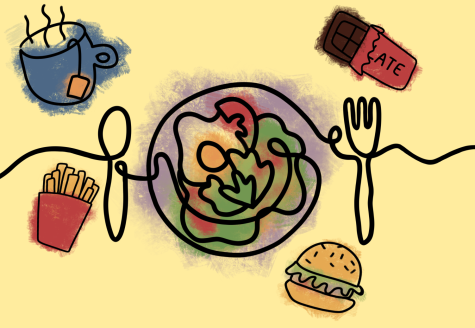A look into FHS’s Special Education classes
The FHS Special Education department strives to support students with disabilities and foster a diverse and inclusive program. The department focuses on providing the resources and support students need to succeed and grow. Their goal is to eventually transition students out of the program during high school.
“[The] special education department is set up to help provide access for students who may have learning disabilities so that they can access the curriculum, hopefully in similar ways to their mainstream peers,” FHS Principal Bryan Emmert said. “The idea is that we want to incorporate students and support those learning needs so that they can participate.”
Joe Garvin, an ACT 1 teacher, is an important part of the program. He started his work in the FHS Special Education department in 2020 after working with Mountain View High School as a para-educator for two years. Garvin is also a baseball coach for Monta Vista High School.
In the Special Education department, students are taking part in learning a diverse set of skills and subjects. Many take classes with the General Education student department. In terms of daily routines, much of it depends on the student’s needs.
“Our daily routine, however, does include more life skills as well,” Garvin said. “We have cooking, and we do vocational jobs. Sometimes you’ll see us around the cafeteria or out towards the baseball field by the sheds where we have a recycling center. So while academics are part of our workday, we also are working on vocational skills and a couple [of] days a week we are out in the community learning [life] skills as well.”
The goal of the department lies in providing enough support so that students are able to take both academic and life skills with them as they graduate high school. For teachers, a lot of the process that goes into this program involves patience and hard work over a long period of time to eventually ensure that each student grows to the highest of their potential. The challenges that come with this program center around providing the right resources and teachers who are able to take a more personalized approach to guide students.
“Well, I would say one of the biggest challenges is that there’s a lot of legal requirements, there’s paperwork, [there are] timelines,” Emmert said. “And then we’ve got secretaries and psychologists and speech language therapists. So there’s a number of staff that are involved to help support students’ needs. And it goes well beyond what happens in most of our mainstream classes.”
Despite these challenges, many teachers in the program find the work rewarding and find motivation in providing the support students need. The journey may not be easy; however, with patience and time, students gain the necessary skills to succeed in life.
“The kids are what bring me back every day,” Garvin said. “So it’s been great to get to know them and build a relationship with the students. That’s what keeps me going. Makes me come back even on some of the harder days at this job. So I would say the students are my favorite part of the job.”
At the end of the day, many of the challenges the students and the department face are the stigmatization of the Special Education department as a whole, and the lack of knowledge many individuals in the general education program have. However, both Emmert and Garvin state that stigmatization can be combated through mutual respect and open-mindedness.
Social media and the entertainment industry’s lack of proper representation of individuals with learning disabilities often creates negative stereotypes.
“We all have different experiences and we all experience the world in our own way,” Garvin said. “Everybody deserves respect. We all have tough days and we all have really good days and we all experience those in different ways and they are seen differently through different eyes.”
FHS’s Special Education department aims to better prepare its students for everyday life in the future.
“It’s not the destination, where you end; it’s part of the process to where you are going to end up,” Emmert said.



